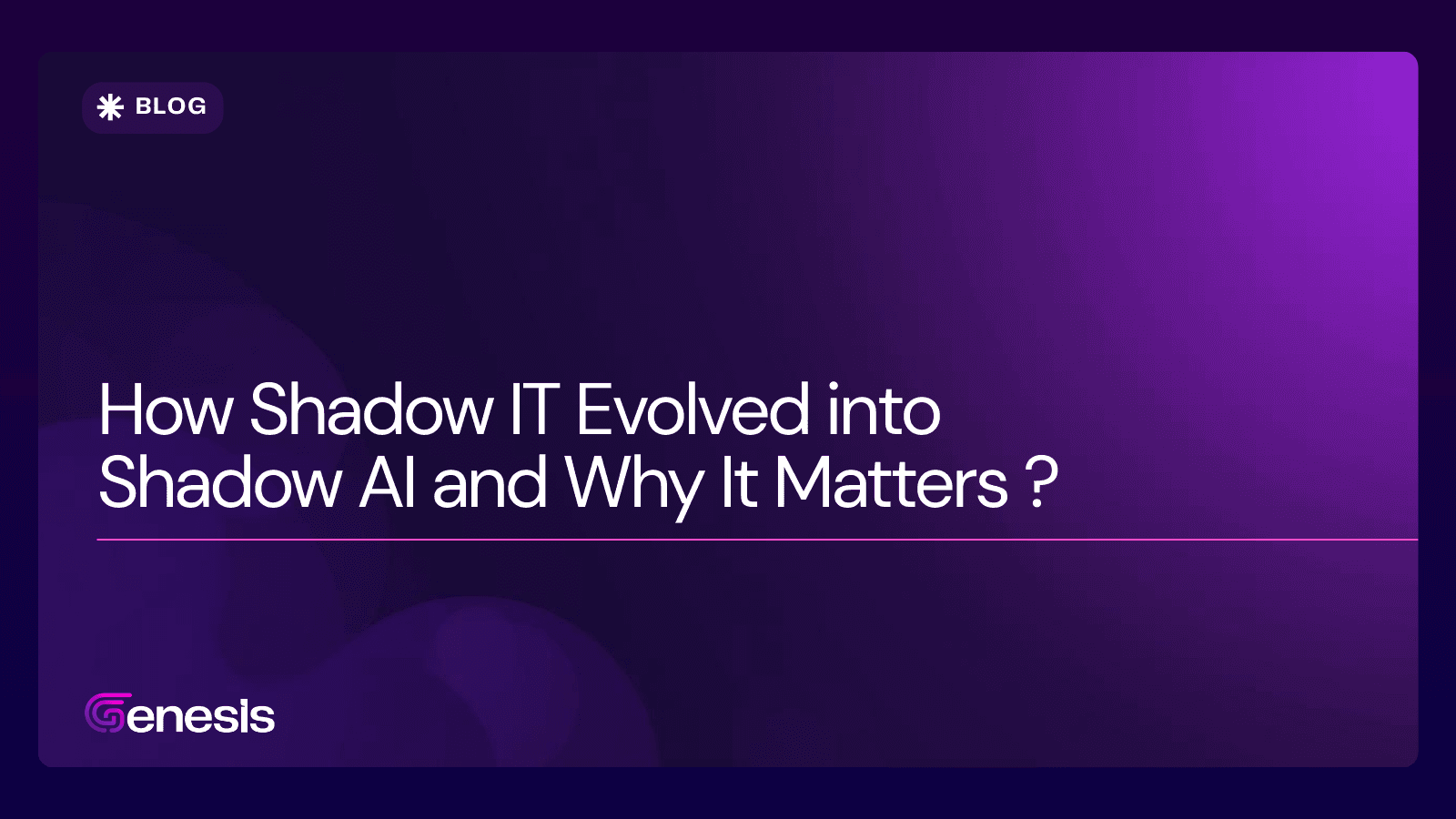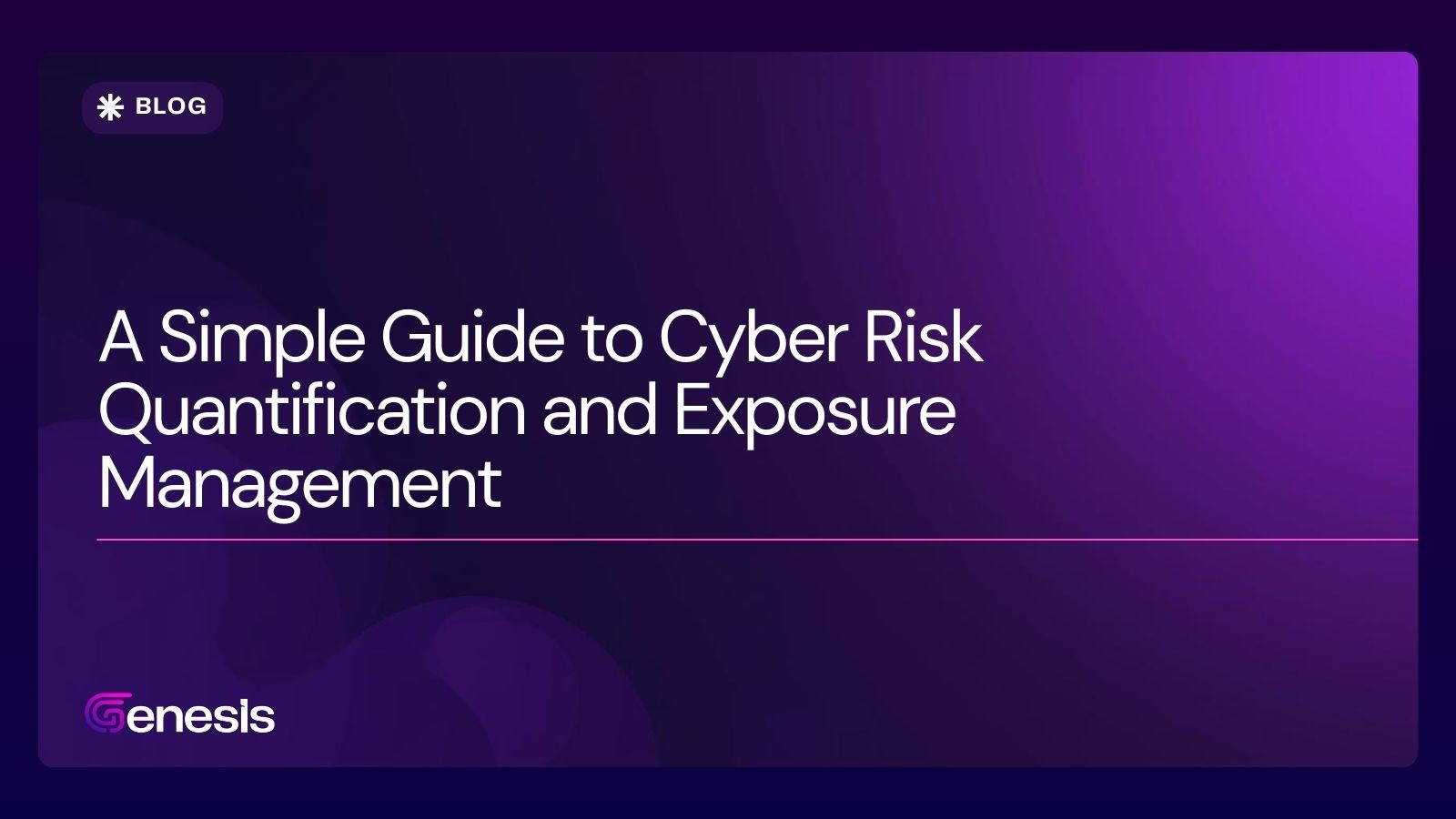Sep 25, 2022
Sohini Roy
The cyberattack, known as Oktapus, targeted 130 organizations, including Okta, Cloudflare, and Twilio. Around 10,000 accounts were compromised in this attack. The attackers utilized phishing methods by sending fake notifications to reset passwords, ultimately redirecting users to phishing websites resembling the authentication page of the organization.
Key Details of the Attack:
Attack Method: Attackers sent forged email or text alerts with phishing links to employees, tricking them into resetting their passwords. This allowed attackers to steal login credentials and gain unauthorized access to sensitive data.
Organizations Affected: Companies like Twilio, Cloudflare, and Mailchimp were targeted. The attack was well-planned and executed in multiple phases.
Security Impact: The attackers successfully bypassed multi-factor authentication (MFA) mechanisms and exploited identity and access management systems (IAM), revealing vulnerabilities in cybersecurity infrastructure.
Why is This Concerning?
The breach exposed the fragility of identity and access management systems (IAM), which play a crucial role in cybersecurity. The incident highlights how even basic phishing techniques can lead to significant security breaches and underscores the importance of protecting endpoints from unauthorized access.
Remedies and Recommendations:
Frequent Password Resets: Organizations should enforce regular password changes to minimize the risk of breaches.
Authorized Links: Employees should only click on links from trusted sources.
Use of Security Tools: Tools that verify and detect authorized users should be implemented.
Awareness Training: Emails or texts from unknown sources should be avoided, and employees should be regularly trained to identify phishing attempts.
About Genesis:
Genesis is a cyber risk management platform that combines attack surface and third-party risk management into a single platform. With Genesis, businesses can monitor their cybersecurity posture, map digital assets, and reduce attack surfaces to prevent breaches, discover leaked information, and identify third-party threats. The platform provides risk scoring to help businesses stay proactive and predict potential attacks.







